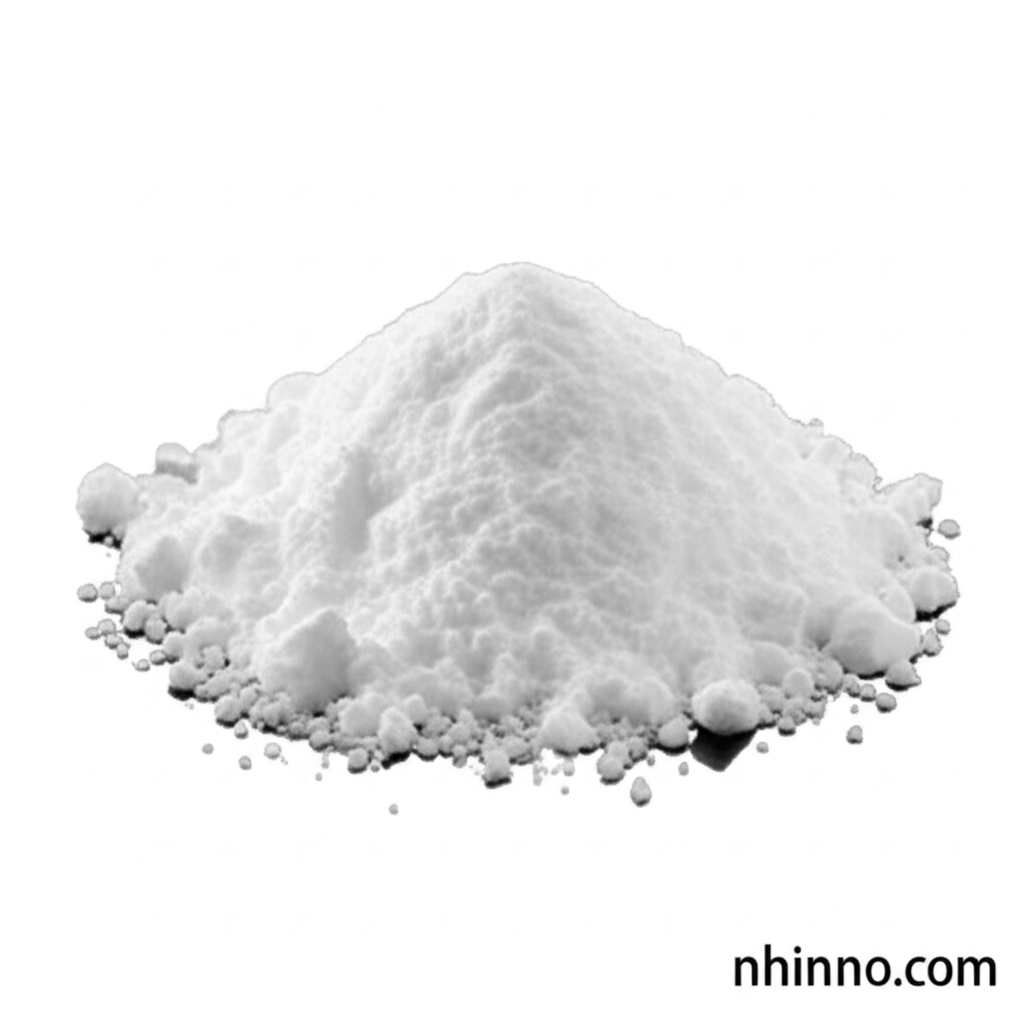2-Chloronicotinic Acid: A Key Intermediate for Pharmaceuticals and Agrochemicals
Unlock the potential of advanced chemical synthesis with 2-Chloronicotinic Acid, a vital component for your R&D and production needs.
Get a Quote & SampleProduct Core Value

2-Chloronicotinic Acid
2-Chloronicotinic Acid (CAS 2942-59-8) is a crucial organic compound extensively used as a versatile intermediate in the synthesis of a wide array of pharmaceuticals and agrochemicals. Its chemical structure, featuring a pyridine ring with a chlorine atom and a carboxylic acid group, makes it a valuable building block for creating complex molecules.
- Discover the critical role of 2-Chloronicotinic acid in pharmaceutical intermediate synthesis for developing advanced therapeutic agents.
- Explore its application in the agrochemical intermediate sector, contributing to the creation of effective herbicides.
- Learn about the specific uses of 2-Chloronicotinic acid in synthesizing compounds like Nicosulfuron and Pranoprofen.
- Understand the importance of high purity (≥99%) for reliable outcomes in your chemical synthesis processes.
Key Advantages
Versatile Chemical Building Block
Leverage the unique chemical properties of 2-Chloronicotinic acid for diverse organic synthesis pathways, facilitating the development of novel compounds.
High Purity and Reliability
Ensure consistent and predictable results in your manufacturing processes with a product that boasts assay purity of 99% or higher.
Broad Application Spectrum
Benefit from the wide-ranging applications of this compound, from pharmaceuticals and anti-inflammatory drugs to advanced herbicides, showcasing its market relevance.
Key Applications
Pharmaceutical Manufacturing
As a key pharmaceutical intermediate, it aids in the synthesis of critical drugs, including those with anti-inflammatory and analgesic properties, supporting drug development.
Agrochemical Production
Its role as an intermediate in pesticide synthesis, particularly for herbicides like nicosulfuron and diflufenican, highlights its importance in the agricultural sector.
Organic Synthesis
Facilitates complex organic synthesis reactions, acting as a fundamental building block for creating a variety of specialty chemicals and research compounds.
Research and Development
Essential for R&D laboratories exploring new molecular structures and applications in medicinal chemistry and material science, where precise intermediates are paramount.
